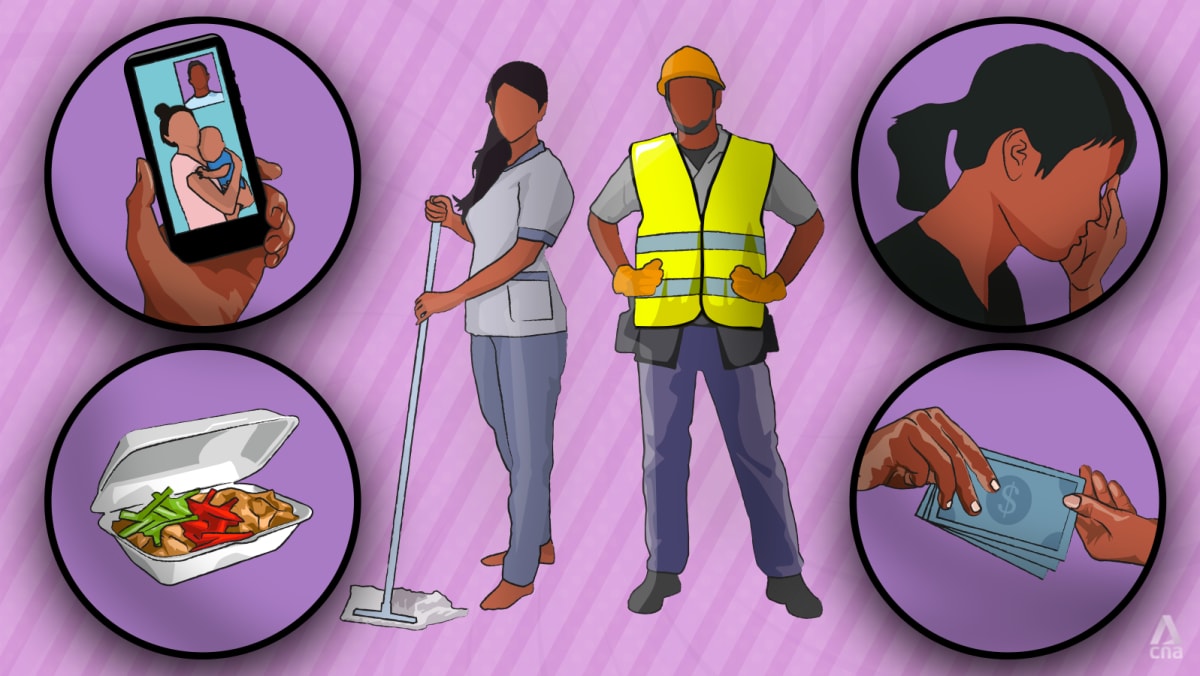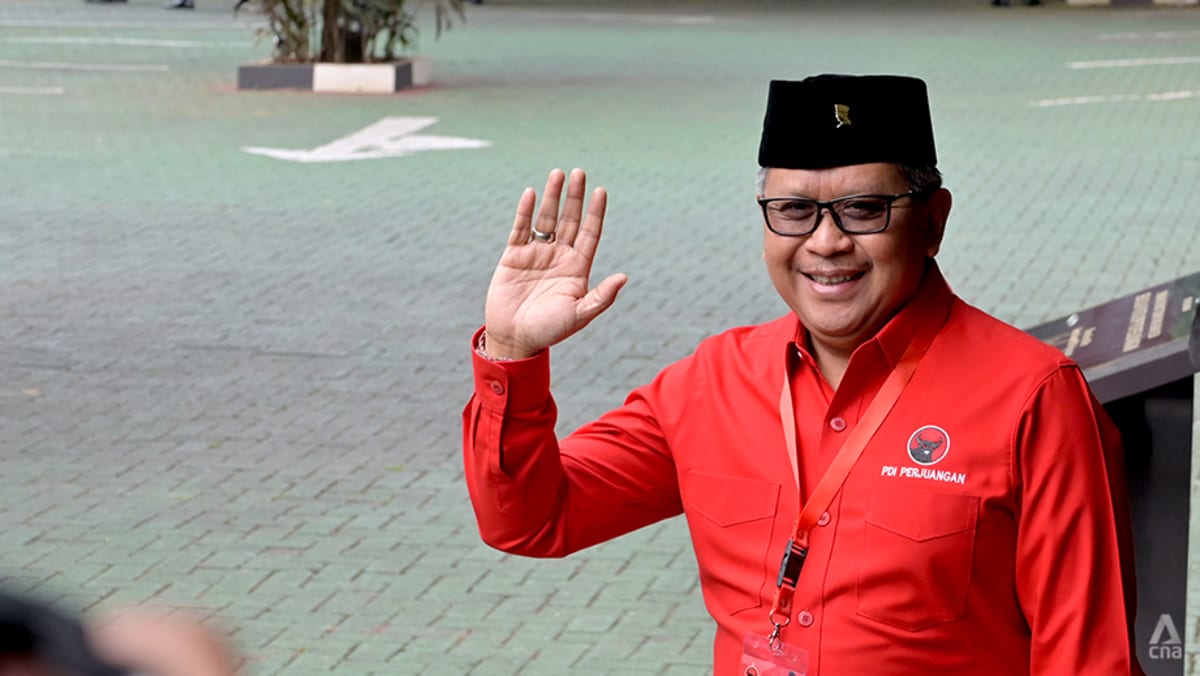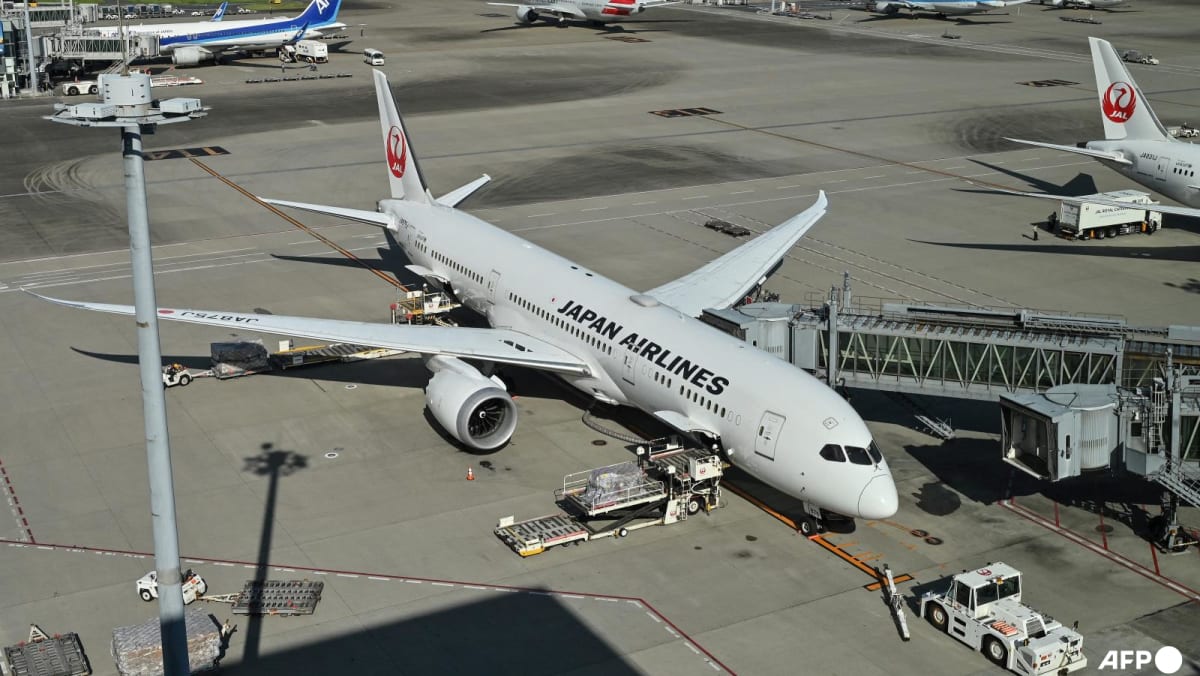FINANCIAL LITERACY MATTERS
Indonesia’s newly-appointed minister for migrant workers’ protection, Abdul Kadir Karding, said on Oct 28 that he would cut down the amount of levies and expenses imposed on migrant workers arguing that these fees can be “excessive” and “exploitative”.
Meanwhile, the Philippines is mulling establishing a pension fund for overseas workers to protect workers and their families against the risks of old age, disability, sickness, death and unemployment.
But governments also need to teach their citizens financial literacy, the ability to manage income and expenditures and make informed decisions regarding money, say some organisations dedicated to migrant workers.
“They need to be able to determine how much of their salaries should go to their families, how much should go to cover their day-to-day needs abroad and how much should go into their savings account,” said Rimas of Migrante Philippines.
“Unfortunately, we don’t have that kind of training programme here in the Philippines.”
Nasrikah Paidin, an adviser to the Indonesian Migrant Domestic Workers Association in Malaysia, said that financial literacy for migrant workers is of utmost importance.
She has seen how some migrants send almost everything they earn to their families, with no accountability on how they spend the hard-earned money.
“In our training, we tell the migrants that while they can give money to their family, they must also learn to say no,” she said.
“They are sacrificing for their families but it shouldn’t be like that forever. Their goal should be to at least build a house and open up a business back home once their contract is over.”
Melinda Damayanti, 29, who is from the Indonesian city of Bandung, has been working as a factory operator at a multinational company in Shah Alam, where she is in charge of assembling turntables.
Melinda, who has been working in Malaysia for eight years, feels lucky that she is provided a hostel by her employers and transportation to and from the factory every day.
She earns about RM2,800 monthly with overtime, with about RM1,000 used for her personal expenses including food. She sometimes earns bonuses and her company even provides all workers with insurance.












